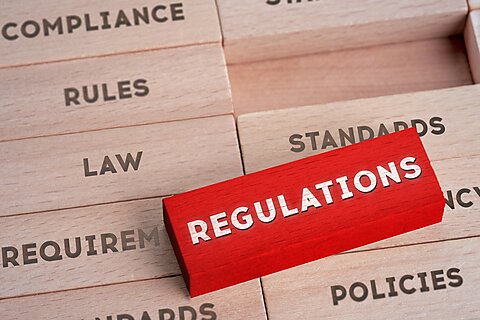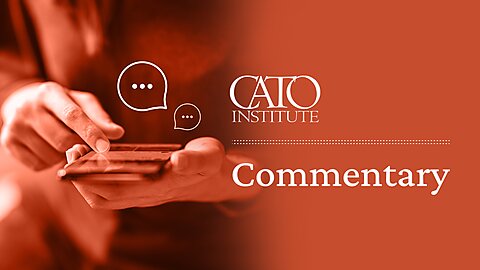Thomas A. Berry and Nicholas DeBenedetto
In the Fall of 2020, public schools in Springfield, Missouri implemented mandatory “equity” training. All employees of the school district were required to attend a session, not just teachers. The employees were told that if they did not participate, the school district would dock their pay and they could lose necessary professional development credit.
The training topics included “Oppression, White Supremacy, and Systemic Racism” and tools on “how to become Anti‐Racist educators.” Training sessions included several interactive exercises that required participants to share reactions to videos, write down answers to instructor questions, answer multiple‐choice questions, and fill out charts related to concepts presented by the training.
Brooke Henderson and Jennifer Lumley, two non‐teacher employees, strongly disagreed with many of the views advanced by the school district through the training sessions. These sessions taught that believing in colorblindness is a form of white supremacy; that systemic racism is “woven into the very foundation of American culture, society, and laws”; and that American institutions all contribute to or reinforce “the oppression of marginalized social groups while elevating dominant social groups.” Participants were also told that being sufficiently “anti‐racist” means not remaining “silent or inactive” because doing so constitutes “white silence”—a form of white supremacy.
During training sessions, employees were required to answer questions and give responses affirming these assertions. For example, some of the questions presented two answers, only one of which was correct in the eyes of the school district. In order to advance through the modules and receive credit, participants had to give the school district‐approved answer. To complete their training, Henderson and Lumley both gave many answers that they did not actually believe.
Henderson and Lumley, represented by the Southeastern Legal Foundation, filed suit and raised several claims under the First Amendment including compelled speech, content and viewpoint discrimination, and unconstitutional conditions of employment. But the district court held in favor of the school district and ruled that Henderson and Lumley would have to pay the school district over $300,000 in legal fees and sanctions.
Henderson and Lumley have appealed to the Eighth Circuit, and Cato has filed an amicus brief supporting that appeal. Our brief focuses on two aspects of the district court’s decision that raise substantial First Amendment issues. First, the court’s analysis of the plaintiffs’ compelled speech claim conflicts with the Supreme Court’s foundational decision in West Virginia Board of Education v. Barnette (1943). Barnette makes clear that a person suffers a First Amendment injury at the moment he or she is required to affirm a belief to which he or she objects. Plaintiffs repeatedly had to provide the “correct” response and profess agreement with the school district’s ideas about equity, white supremacy, and racism, even though they strongly disagreed.
Second, the district court’s decision to award attorneys’ fees and sanctions violates the First Amendment right of the plaintiffs to participate in public‐interest litigation. The district court justified its exorbitant award by referencing theplaintiffs’ desire to advance a political cause in this litigation. But the Supreme Court explicitly held in NAACP v. Button (1963) and In re Primus (1978) that advancing a cause through good‐faith public‐interest litigation is an important First Amendment right, not something to be punished. Penalizing litigants for exercising their First Amendment freedoms will only chill future good‐faith litigation.
If allowed to stand, the district court’s opinion would invite government employers to undermine key First Amendment principles and would chill legitimate public‐interest litigation. The Eighth Circuit should correct these errors and reverse the decision of the district court.




